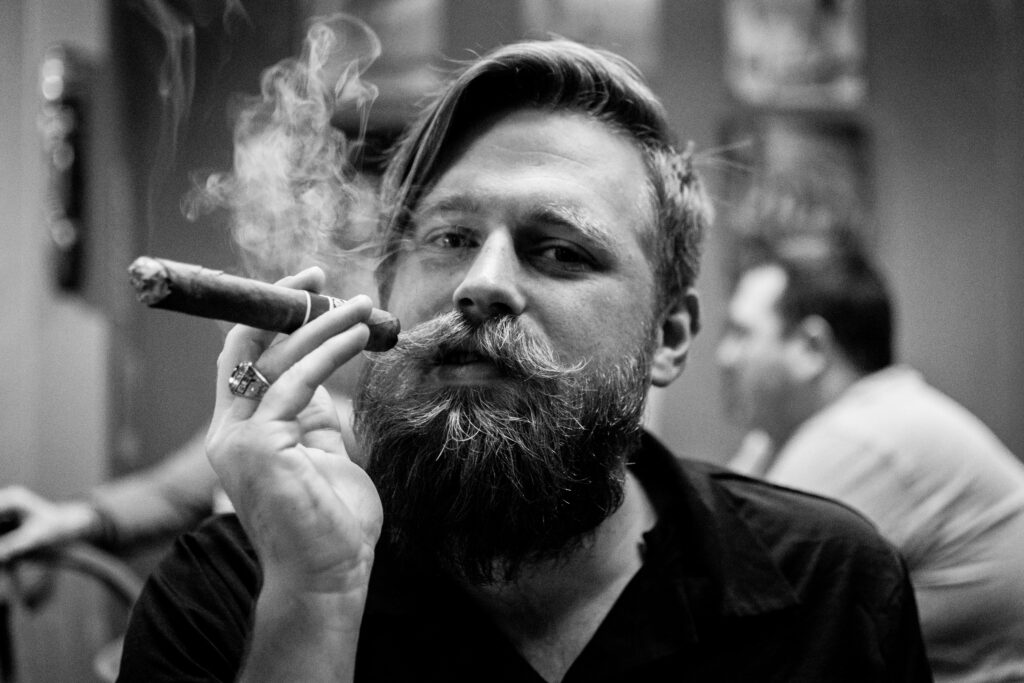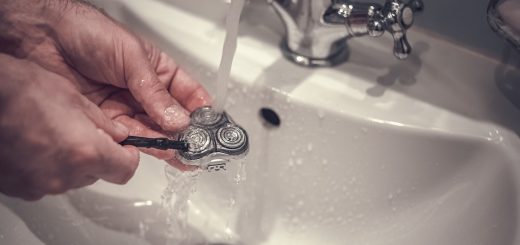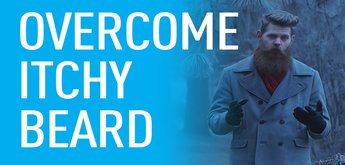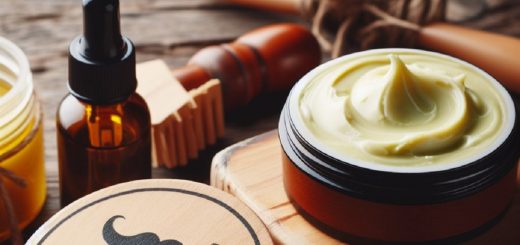Does Shaving Make Hair Grow Thicker? Debunking This Age-Old Myth
Does shaving make hair grow thicker? Most human beings shave at some point in our lives. Men generally shave their faces and women shave their legs, and women especially may worry about the age-old myth that shaving causes the growth of darker, thicker hair. Is this true?
So, Does Shaving Make Hair Grow Thicker?

Image via unsplash
No! You may have heard that shaving hair causes more hairs to grow from the follicles, or that the individual hairs will grow back in a more robust way. Friends pass on this myth to each other and parents share it with their children. Science, however, states otherwise. Shaving does not affect the thickness of the hair or the amount of hair you have.
If the answer to the age-old question, “does shaving make hair grow thicker?” is no, then why is this myth so prevalent? Read on, and we will explain why so many people share this concern. The truth is that while certain factors may appear to make the hair look thicker, in reality, it is not.
What Are People So Afraid of?
The myth that shaving makes hair grow thicker, longer, stronger, and more difficult to manage might be perpetuated through fear. People tend to be very particular about their grooming habits, and those who choose to shave are trying to get less noticeable hair. It is scary to think that maybe all the effort you spend shaving will eventually backfire, making the hair appear even worse than it did before you shaved.
Why Does Hair Look Thicker After Shaving?
Shaving Cuts Off the Tip of the Hair
When you shave, you are essentially cutting off the tip of each individual hair. Naturally, the tip is tapered, making it the thinnest part. When you no longer have the thin part of the hair to look at, the hair's overall appearance will be thicker. The good news is that it did not actually thicken, and repeated shaving will not have any cumulative effect.
New Hairs Have Not Been Exposed to the Environment
Environmental factors make hair appear thinner and lighter. Sunlight bleaches it. Chemicals in the atmosphere and daily wear on the hair can cause it to thin. When you shave your hair, the new hair that grows back has not been exposed to these factors. For that reason, it can appear thicker and darker for a while.
When Younger People Shave, the Hair Might Grow Back Thicker Because of Their Hormones
Imagine this situation. A boy shaves his face for the first time. Between the time that he shaves and the regrowth of hair, a batch of teenage hormones kick in, causing his new hair to be thicker and darker than the hair he shaved away. Essentially, the hair grew back thicker after shaving. However, the cause of the increase in thickness was his hormones, not the shaving. He would have gotten thicker, darker hair even if he hadn't shaved, but many boys believe the myth because they begin shaving around the same time their hormones kick in.
Scratching Can Cause Increased Hair Growth
While not common, the hair in a specific area of that body can possibly grow thicker if you scratch that area a lot. The scratching will thicken the skin, essentially causing a callus to form. In turn, the hair that grows there will be thicker. This is one of the only cases in which something you do to the surface of your skian can affect the thickness of your hair. If you shave that area, you might mistake the thicker hair that grows back to be the result of the shaving.
What Actually Happens to the Hair When You Shave?
As mentioned before, shaving cuts off the tip of the hair. It only affects the end of the hair and does not affect the hair follicle in any way. As a result, the hair might have a rough texture when it grows back, because there is a blunt end. People refer to this as “stubble”. While having stubble might cause you to think that your hair got stronger after you shaved, this is not what happened.
Does Shaving Affect Different Parts of Your Body Differently?
It makes no difference whether you are shaving your face, legs, toes, back, or any other part that might be hairy. Shaving will not make the hair grow back thicker. It will, however, cause stubble. So, if there is a part of your body, such as your arms, where you prefer not to have stubble, you should not shave that part.
What Is a Stubble-Free Alternative to Shaving?
For people who want to get hair-free without the after-effect of stubble, waxing is a good option. Rather than cutting the hair, waxing pulls it out from the root. This means that you are not left with a blunt end. The disadvantage to waxing is that you need to wait until there is enough hair for the wax to grab onto.
Another method of hair removal is tweezing. If done well, tweezing will lift the hairs out by the follicle like waxing. However, many times when you tweeze the hair, it breaks in half. When this happens, you get a blunt end that might actually turn into an ingrown hair.
What Should You Do If You Notice Increased Hair Growth?
If you notice that an area of your body is considerably hairier than it used to be, you should talk to a doctor. Changes in the thickness and amount of your hair could be the sign of an underlying medical condition. The cause is certainly not shaving. A doctor can help you determine why you are noticing more hair. He or she might also be able to give you advice as to how you can best remove unwanted hair.
Proof That Shaving Does Not Affect the Thickness of the Hair
The question “does shaving make hair grow thicker?” has plagued humanity so much that people have put real science to the task of discovering the answer. Here is some scientific evidence that shaving does not make hair grow thicker.
The 1928 Shaving Study
The 1970 Leg-Shaving Study
Controls Made the Studies Reliable
Does Waxing Make the Hair Grow Thicker?
The answer, again, is no! In the case of shaving, the hair follicle is not affected at all. When you wax, the act of ripping the hair from the follicle causes trauma. Over time, this could actually cause the hair to thin in the areas that have been repeatedly waxed.
Grab Your Razors, People!
So, let's review. Does shaving make hair grow thicker? Absolutely not! For most of us, this is great news. If you are shaving in the first place, chances are you want to reduce your hair, not make it thicker.

If you are worried about picking up a razor for the first time, don't be! If you feel guilty because you believe you have caused your hair to thicken with years of repeated shaving, consider this information your official pardon! Unfortunately, if you are a teenage boy intending to thicken your beard by shaving, you will need to alter your plans.
Friends, please stop telling each other that shaving thickens the hair and makes it darker. You are only spreading a rumor! Mothers, there is no need to warn your daughters about the hairy consequences of shaving. Anyone asking "does shaving make hair grow thicker" can rest assured, it does not. We can all shave with peace of mind and consider this myth officially debunked!
Featured Photo by Quinten de Graaf on Unsplash
Icon Photo by on FlatIcon






